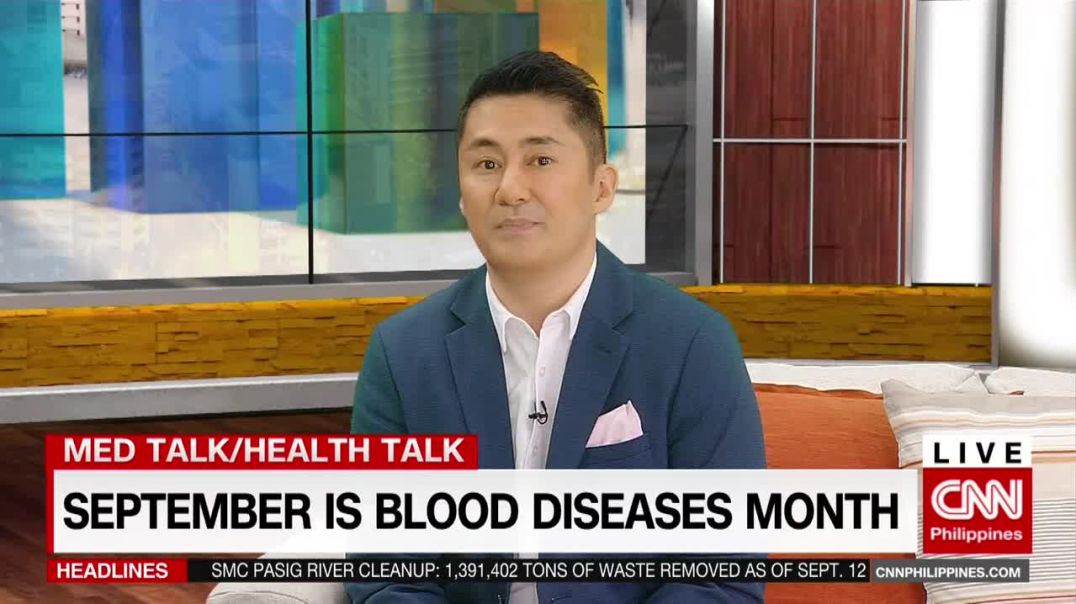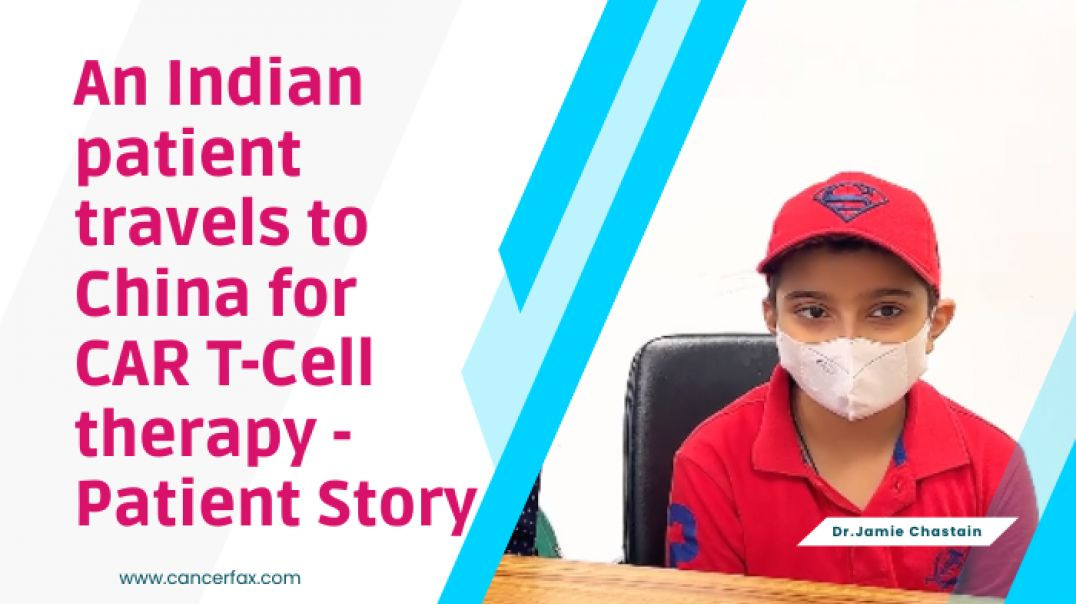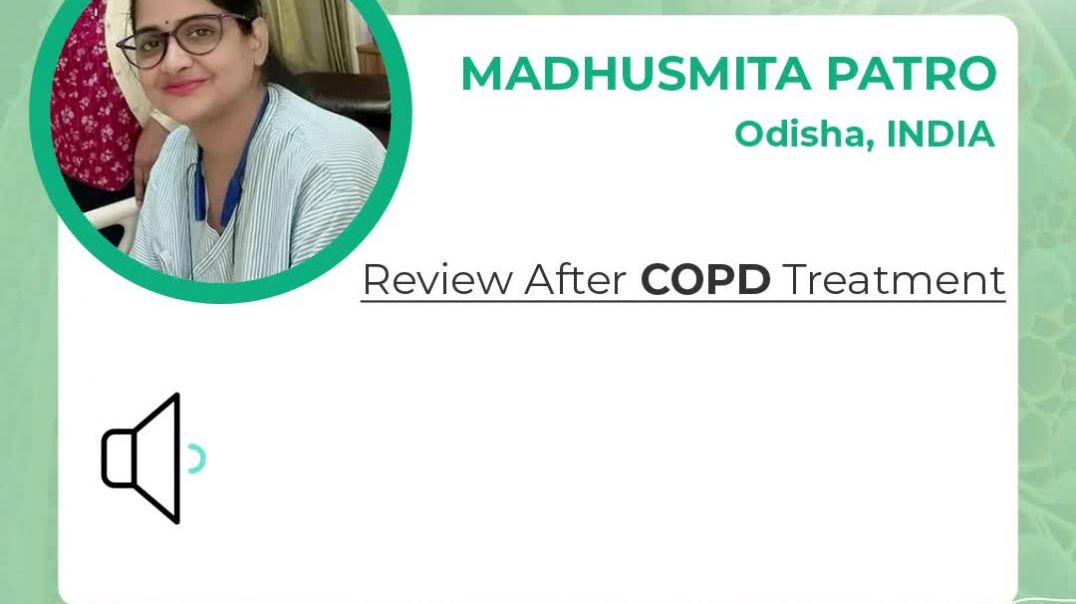CAR T-cell Therapy: Acute Lymphoblastic Leukemia - A Drive through the Past, Present and Future
This is a recording of a workshop that took place at the 2023 Survivorship Symposium.
Summary: This video will discuss why a patient with acute lymphoblastic leukemia (ALL) may need CAR T-cell therapy; the steps involved in making a CAR T-cell product; how CAR T-cells are administered to patients; and both short- and long-term side effects, and outcomes associated with CAR T-cell therapy.
Presenter: Haneen Shalabi DO, National Institutes of Health, Pediatric Oncology Branch
To read the transcript, go to:
https://www.bmtinfonet.org/vid....eo/car-t-cell-therap
Highlights:
Childhood acute lymphoblastic leukemia (ALL) is the most commonly diagnosed cancer in children. In the United States, there are about 30 cases per million in children below the age of 20. It accounts for about 25% of all new pediatric cancer diagnoses.
Acute Lymphoblastic Leukemia (ALL) in adults is a more rare diagnosis. It is, however, still the second most commonly diagnosed acute leukemia in aduls. There are about 6,500 cases/year in the United States. Only 40-50% of adults diagnosed with ALL will achieve long-term, durable remissions.with standard therapy.
CAR T-cell therapy is a new form of treatment that may cure, or prolong the life, of patients who do not respond to standard chemotherapy or a bone marrow transplant.
April 2023, Part of the Virtual Celebrating a Second Chance at Life Survivorship Symposium
Presentation is 58 minutes long including 13 minutes of Q & A.
Key Points:
(01:26): Why people may need CAR T-cell therapy for leukemia; the steps involved in making a CAR T-cell product; some of the short and long-term side effects associated with CAR T-cell therapy; and results following CAR T-cell therapy.
(04:22): 85 to 90% of patients diagnosed with leukemia will be cured of their disease with standard of care chemotherapy.
(05:24): Based on decades of research, survival for pediatric leukemia patients has improved. This is, in part, due to using multi-drug chemotherapy as well as giving intrathecal chemotherapies to prevent leukemia from attacking the central nervous system.
(10:22) . Healthy T-cells in the body fight infection and/or foreign objects in our bodies. Chimeric antigen receptor T-cell therapy converts normal T-cells, collected from a patient’s own body, into T-cells that can recognize cancerous cells..
(13:08): Making a CAR T-cell involves several steps, the first of which is apheresis. A patient is hooked up to a special machine that extracts the patient's blood, separates out white blood cells, including T-cells, and returns the rest of the blood product to the patient.
(14:05): The T-cells are then sent to a special laboratory where they are converted in to CAR T-cells. Prior to infusing the CAR T-cells into patients, the patient typically receives some chemotherapy to prepare the body for the CAR T-cells.
(23:37): In addition to CAR T-cell products that are currently approved by the Federal Drug Administration (FDA), there are clinical trials a patient may participate in test non-FDA approved CAR T-cell products. Information about these trials can be found online at clinicaltrials.gov.
(28:04): Cytokine Release Syndrome (CRS), is the most common side effect from CAR T-cell therapy. Over 80% of patients who receive CAR T-cells will get CRS, with such symptoms as fever, low blood pressure and/or shortness of breath.
(33:40): 30-87% of patients who receive CAR T-cells experience some degree of neurologic side effects.
(42:18): Research is onging into how CAR T-cell therapy psychosocially affects patients; how to reduce toxicities; and ways to improve survival after CAR T-cell therapy.
Meet the speaker: https://ccr.cancer.gov/staff-d....irectory/haneen-shal
WHO WE ARE: BMT InfoNet is dedicated to providing patients and their loved ones with emotional support and high quality, easy-to-understand information about blood stem cell transplants (bone marrow, peripheral blood and cord blood) and other cellular therapies. Whether you are just beginning your transplant or cellular therapy journey, or learning to manage the joys and challenges of survivorship,
BMT InfoNet is here to help before, during and after treatment. Our goal is to empower you with credible information and emotional support, so that you can take a more active role in decisions affecting your health. http://www.bmtinfonet.org
VISIT US ON SOCIAL MEDIA:
https://www.facebook.com/bmtinfonet/
https://www.facebook.com/bonem....arrowstemcelltranspl
https://instagram.com/bmtinfonet
https://twitter.com/BMTInfoNet
https://my.linkedin.com/company/bmt-infonet























SORT BY-
Topkommentarer
-
Seneste kommentarer